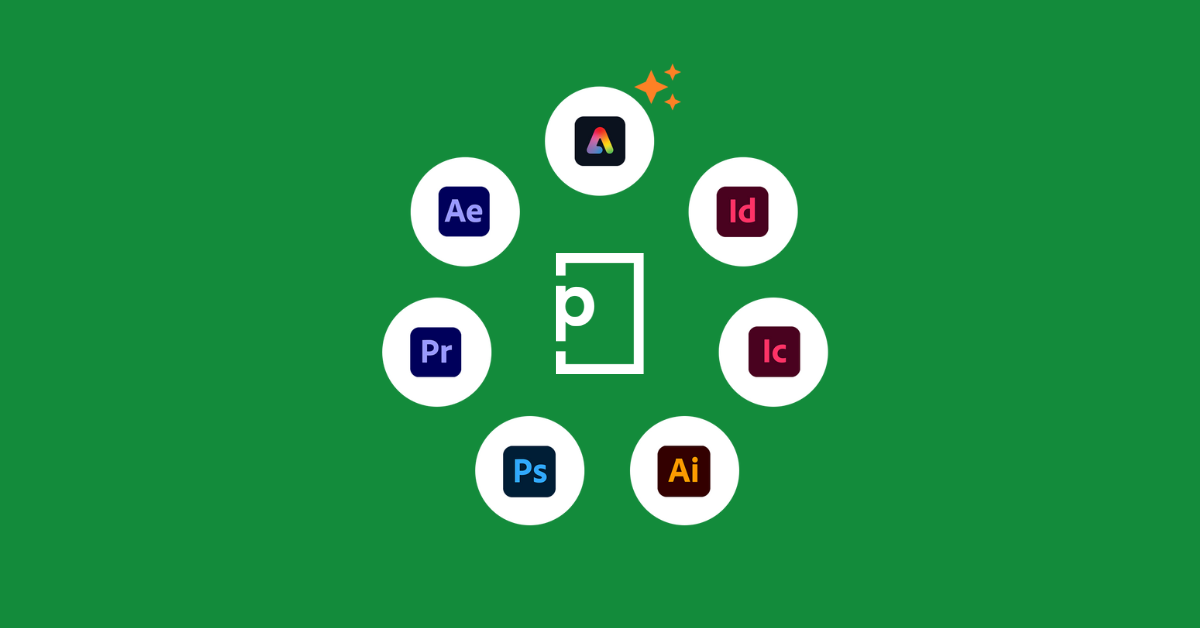Creative Analysis: The Impact of QuarkXPress 6

Quark and Controversy
Quark is a company that people love to hate, and having followed it for well over a decade, I understand why. Much of the criticism toward Quark has to do with polices and a seeming indifference to addressing the needs of its customers. I’m not going to rehash tales of disgruntled customers and lousy technical support. Any of you who have experienced it have your own stories. Quark says it has gone to great lengths to improve customer service and that it is now on par with the rest of the industry. Quark VP Kurz says, “We are much more flexible, so much faster than before,” adding that its reputation for poor service is “more perception than reality.”
Indeed, some policies that Quark has implemented are not unique. Last week Quark handed out a demo version of QuarkXPress 6 that brought home for the first time its activation process. Activation is a procedure by which you “register” your machine per CPU, so that if you have three computers, each one must be registered for that specific CPU. Think of it as a virtual dongle that restricts unauthorized copying of an application. Naturally, a great uproar has ensued. The common sentiment is that activation represents just another Draconian method by which Quark abuses its customers.
Well, folks, activation already happens in this industry — most notably at Microsoft — and Adobe already has a test activation program underway in Australia. You can read about it here. Get ready for activation to become the rule, not the exception.
Another controversy: Ever since the great PowerPC debacle in which customers were forced to pay to upgrade to a version that had no other benefits than simply the fact that it ran on a new chip, Quark’s upgrade policies continue to be dog the company. For this version, rumors run rampant of $500 upgrades. One upgrade path to QuarkXPress 6 is in fact $499 — but that’s only if you’re moving from version 3.x to 6. I think that’s fair. If you haven’t upgraded in 10 years, then you’re essentially starting from scratch. Other prices seem reasonable: $199 to upgrade from v.5 to v.6, and $299 to upgrade from v.4 to v.6. It’s really not that out of line with Adobe’s $299 upgrade from PageMaker to InDesign. True, the upgrade from InDesign 1.x to 2 is $149, but to how many customers does that price apply?
Another question that keeps coming up is product availability. Last week, Quark said QuarkXPress is shipping this week, but many customers have been told July 31 was the actual ship date, leading many to suspect that something was rotten in Denver. Quark spokesman Glen Turpin said that the confusion was due to an internal communication problem, and that QuarkXPress 6 would indeed ship this week. I don’t doubt that’s true, but I couldn’t help but shake my head at this. Here it was, a big lift-off for a much-anticipated release of its flagship product and its impact is blunted by confusion over the ship date, thus adding more tinder to the flames that always seem to erupt around Quark. What’s lost in all the hubbub is that the product actually shipped early and just 18 months after version 5 — amazing, given Quark’s track record of long development cycles and delayed shipments.
The confusion also suggests to me that the decision to ship this week was made somewhat hurriedly — and, I’m just speculating here, under pressure from Apple.
But don’t be surprised if you don’t see QuarkXPress 6 on retail shelves immediately, or if the order you placed doesn’t arrive tout suite. As I’ve written before, “each company interprets ‘shipping’ differently. For some companies it means that code is worthy of final production, and ‘shipping’ indicates it’s been released to a manufacturing facility… Other companies deem ‘shipping’ to mean that the product is actually available to end users… Established corporate customers who pre-ordered (and pre-paid) are often among the first to receive copies…” I expect that to be the case here: Quark’s biggest customers (like Quebecor or Hallmark) will be first in line.
By the way, at the Apple confab Steve Jobs said that he will “look forward to buying his copy of QuarkXPress next week.” I’m guessing he’ll be on the short list for this upgrade.
Quark and the Future
At the HOW Design Conference a couple of weeks ago, a woman asked me if I could explain why Quark acts the way it does (she was one of those disgruntled types). In truth, I can’t. But when I interviewed Quark’s Susie Friedman for Macworld, I asked her about Quark and its reputation. As she characterized it: “We’re a privately held company that’s run by a bunch of engineers. We’re geeky and awkward. We don’t spend 100 million on marketing.”
The key to understanding Quark lies in that statement: It’s privately held. As a privately held company, Quark doesn’t have to play by the same rules as a public company. It can, and indeed does, do pretty much whatever it wants. It doesn’t have to explain itself. It’d be nice if it did, but it doesn’t have to release financial figures or cater to shareholders. It can announce a product will be released in one quarter, and delay that product for a year. That shroud of secrecy doesn’t help defray any of the suspicions and accusations that often swirl around Quark. But it is what it is.
In the end it all comes back to the product. I’m curious to see the reaction to QuarkXPress 6. I’ve had beta versions for months (non-disclosure agreements precluded me from talking about it) and I think it’s a solid upgrade. Does it have all the features that InDesign has? No. The absence of support for OpenType is particularly galling. Does it have some features that InDesign doesn’t have? Yes, most notably layout spaces and synchronized text, both of which I think are pretty cool. But is it enough?
How all this flies with QuarkXPress customers is another story. My guess is that many QuarkXPress users will upgrade to version 6, but they’ll also buy InDesign (perhaps waiting until the rumored version 3) to see what it’s like. They’ll make a final decision to stay put with QuarkXPress or make a commitment to InDesign sometime next year, when they feel comfortable with OS X and can compare the products on a level playing field. By then, who knows what might happen?
This debate will continue to rage for months, if not years, to come. It certainly keeps my job interesting.
This article was last modified on January 18, 2023
This article was first published on June 17, 2003
Commenting is easier and faster when you're logged in!
Recommended for you

Start Smart: Create Quality PDFs
This story courtesy of Blueline, the quarterly newsletter of the Printing Indust...

PageProof Launches Adobe Express Add-on for Fast and Structured Creative Approvals
PageProof brings fast, seamless feedback and structured approvals straight into...

InDesign Template Essentials: Special Effects
This is a batch of fun graphic effects. There are six main categories of effects...




